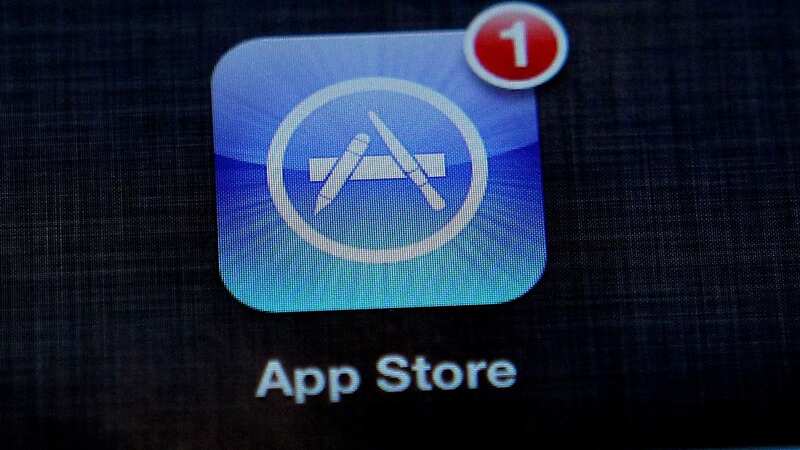

Apple has issued a warning that new EU competition laws will make iPhones less safe.
The tech giant has released details on how it plans to adapt to the new rules. The EU's Digital Markets Act (DMA) is about to come into effect and it demands that big tech companies give customers more options.
This means Apple will have to let users choose other app stores and download apps outside of its own App Store for the first time. They'll also have to allow different ways to pay.
Apple has released a new report explaining how it will add new features to protect users from cyber attacks, malware and other risks under this new system. But, they say they can't get rid of all the risks.
Up until now, only apps approved by Apple could be downloaded on the iPhone, and purchases made in the App Store had to be done through Apple's own payment system. This is what's known as a "walled garden", which Apple says keeps users and their data totally safe.
 UK and EU reach customs deal that could end Northern Ireland logjam, says report
UK and EU reach customs deal that could end Northern Ireland logjam, says report
In its new report, Apple warns that because it has to change its "uniquely successful approach" used to "protect users' security and privacy", it won't "not be able to protect users in the same way. To keep offering users the most secure, most privacy-protecting, and safest platform - in line with what users expect from Apple - we've designed and implemented new safeguards that will help to protect and inform them," the whitepaper says.
"While the changes the DMA requires will inevitably cause a gap between the protections that Apple users outside of the EU can rely on and the protections available to users in the EU moving forward, we are working tirelessly to make sure iPhone remains the safest of any phones available in the EU by reducing the risks introduced by these necessary changes-even though we cannot entirely eliminate such risks."
Under its new system, Apple says it will introduce a new baseline review programme for all apps, regardless of whether they will be distributed via the App Store or an alternative app marketplace. Apple says it will electronically sign each app that is distributed in the EU once it has been checked and cleared for "known malware and security threats, generally functions as advertised, and doesn't expose users to egregious fraud".
However, the company confirmed that these new checks will not cover app content. And it warned this could see content it does not allow inside the App Store appear within its iPhone operating system in the EU.
"This means Apple won't be able to prevent apps with content that Apple wouldn't allow on the App Store - like apps that distribute pornography, apps that encourage consumption of tobacco or vape products, illegal drugs, or excessive amounts of alcohol, or apps that contain pirated content (or that otherwise steal ideas or intellectual property from other developers) - from becoming available on alternative app marketplaces," the whitepaper said.
But the US tech giant did pledge to "ongoing monitoring" of apps to detect and remove any malicious applications it uncovers. Under the new system in the EU, Apple will also begin showing users pop-up, on-screen alerts when they are about to leave the App Store to download an app or make a payment outside of the store and Apple's payment system.
The company said this would allow users to make "educated choices about the apps they download". Apple said it had been contacted by consumers, governments and government agencies both inside and outside the EU asking for assurance and clarity on the safety of the platform under the new rules.
A number of other tech firms have previously accused Apple of maintaining a monopoly of the app market by not allowing rival app marketplaces or payment methods on the App Store.
The European Commission believes that the DMA will provide consumers with more and better services to choose from. It also increases the chances for customers to switch providers if they want, which will ultimately lead to fairer prices and boost innovation in the sector.